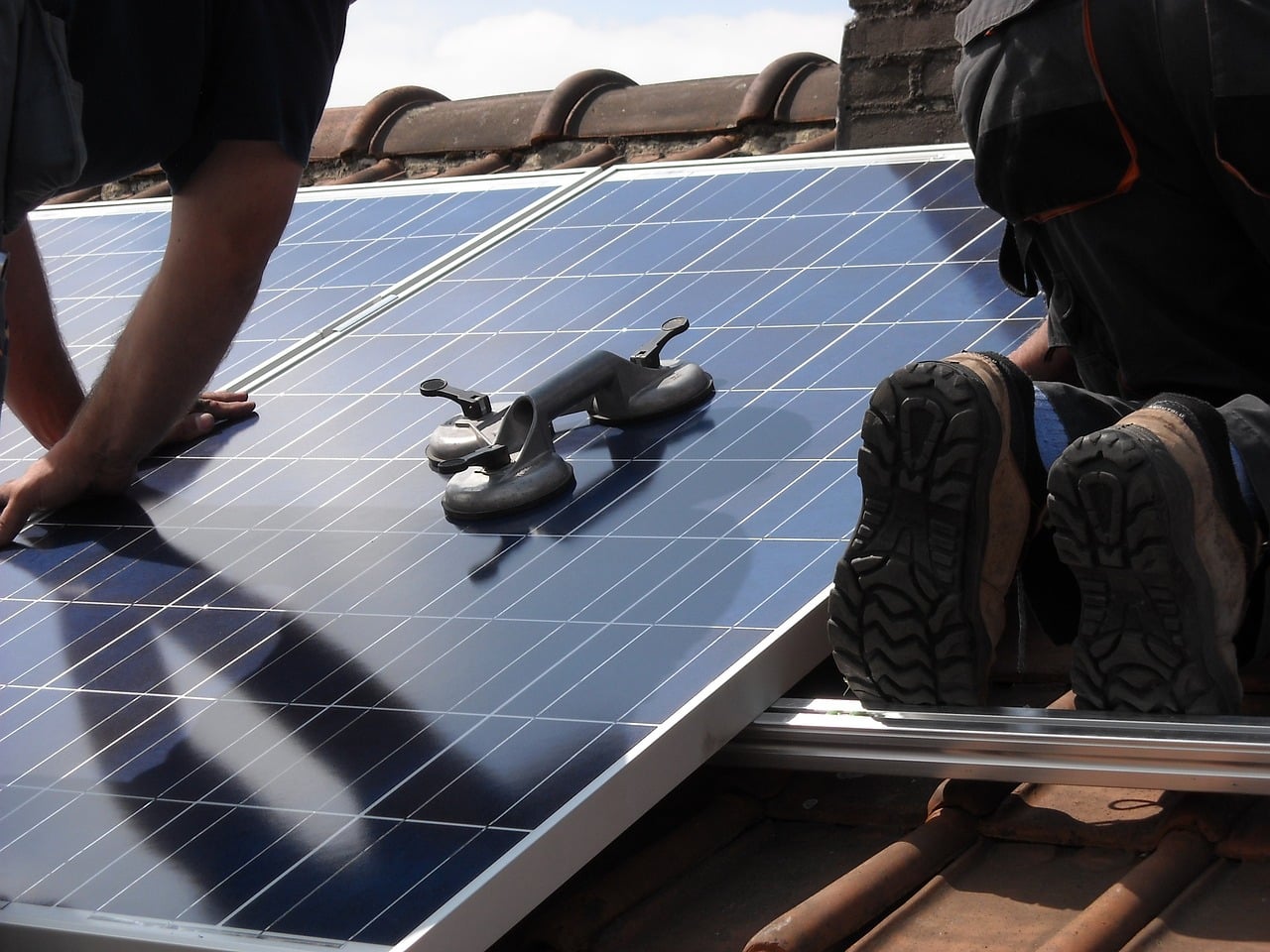Our public buildings are supposed to be zero emission by 2026, just three years away
Over the years we witnessed energy price surges quite a few times, but the situation became very serious last year with the Russian invasion of Ukraine.
An additional pressure on governments is that we have the continual penetration of renewable energy and the need for photovoltaic users with no space on their roof, to have a reliable way to buy energy from renewable energy producers.
So what EU is trying under the “EU electricity market design” is to enhance stability and predictability of the cost of energy in order to better protect consumers from future price changes and have a more stable price market, to improve investment conditions for businesses, promote and accelerate the uptake of renewables and phase out fossil fuels.
In order to achieve all these they are planning on revising the electricity regulation, the electricity directive, and the REMIT Regulation.
All these measures will also be accompanied by more stringent requirements on the energy performance of buildings (new and existing) which is a significant pillar in achieving a reduction of 55 per cent of green house gas emissions by 2030 and climate neutrality by 2050.
For better consumer protection the intention is to make available to consumers a variety of contracts with much clearer terms that will allow them to secure stable prices over a long period of time. The intention is to also provide flexibility so that at times, they will be able to buy cheaper electricity.
And just to cover any possibility of consumer problems due to supplier problems EU governments should also provide for back up supplier contracts.
Companies will be able to ensure a secure, stable and reliable energy supply by making long-term contracts known as Power Purchase Agreements (PPAs) with suppliers.
The new changes will also give power to governments to prevent disconnections and support vulnerable consumers with unpaid bills.
More interesting for Cyprus, will be the ability of consumers to sell their excess power from their rooftop renewable energy systems to their neighbours.
Governments will also have to provide for improved integration and predictability into the energy grid.
All these changes will mean that governments will have to study current and future conditions and energy demand and plan for the future.
All these are actions that were initiated by the European Council which asked the European Commission to propose a structural reform of the EU electricity market.
As expected there are objections to these measures primarily from energy companies which fear the obligation for long term contracts and other clauses.
For Cyprus the planning part will be the most interesting, as it is not very clear if anyone in government is actually responsible for future energy planning.
My impression up to now is that consecutive governments just sit by and watch what the electricity authority is doing, as up to now energy policy to government was just gas talk.
Other planned changes are those relating to the energy performance of buildings where instead of “Almost Zero Energy Buildings” that we now have, we expect to move on to “Zero Emission Buildings” with solar energy by 2028 and all public buildings, renovated or new, to be zero emission by 2026.
Large energy consumers like sewage treatment plants will soon have to produce all the energy they need from renewables.
We have known what is coming for years.
Now is the time to plan and take all the necessary steps for a smooth transition, but judging from our past behaviour that worries me a lot.
Charalampos Theopemptou is an MP and leader of the Greens party







Click here to change your cookie preferences